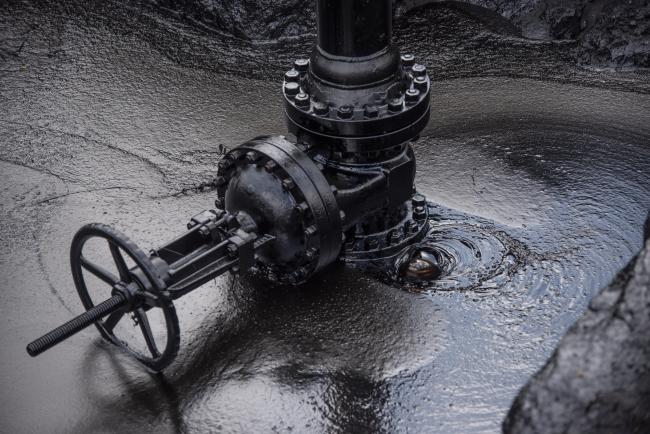(Bloomberg) -- Venezuela is running out of space to store its sanction-stained crude that few dare to buy, forcing it to reduce output at a time when the world is thirsty for heavy, sulfurous oil.
Tankers holding 8.36 million barrels of Venezuelan crude worth upwards of a half-billion dollars are floating off the country’s coast as the nation struggles to find buyers for its oil following new U.S. sanctions in January. An armada of 16 ships holds cargoes belonging to state oil company Petroleos de Venezuela SA, Chevron Corp. (NYSE:CVX), Valero Energy Corp (NYSE:VLO). and Rosneft Oil Co PJSC, according to shipping reports and ship-tracking data compiled by Bloomberg.
Oil ventures owned by PDVSA with Rosneft, Chevron, Total SA (PA:TOTF) and Equinor ASA, whose upgraders convert tar-like Venezuelan crude into oil that refineries can process, reduced rates this week because they ran out of space to store crude, according to people with knowledge of situation. With few buyers willing to take PDVSA’s oil, the alternative was to put some of that oil onto tankers to clear space and continue to operate at lower rates.
The backlog of ships and growing difficulty in keeping its oil upgraders running underscore the impact U.S. sanctions are having on PDVSA. Shipments to the America, once Venezuela’s largest customer, have dried up. Without access to the U.S. financial system, on which many refiners and trading houses rely on to finance purchases, PDVSA is having trouble finding buyers outside of countries such as India and China, to whom it owes oil in payment for past loans.
The PDVSA-Rosneft joint-venture Petromonagas upgrader isn’t processing oil after running out of space to store their production, a person with knowledge of the situation said. PDVSA-Chevron’s Petropiar venture has reduced output for the same reason, other people said. Petrocedeno, a PDVSA-Total-Equinor venture, is running out of oil to process as a ban on sales of heavy naphtha to PDVSA has made it difficult to ship the heavy oil through pipelines from inland fields to the upgrader, another person said.
While Venezuela has been having a hard time selling its oil, the rest of the world struggles to find heavy barrels after Canada’s self-imposed oil curtailment and OPEC supply cuts reduced the availability of the type of oil Venezuela produces.
The tightness in heavy oil supply translated into higher prices for Colombia’s flagship oil Castilla, which competes with Venezuelan oil in the global market. Castilla for loading in March traded $4 per barrel less than global benchmark Brent, according to people with knowledge of situation. That compares with a discount of $9.80 for cargoes that loaded in February.
